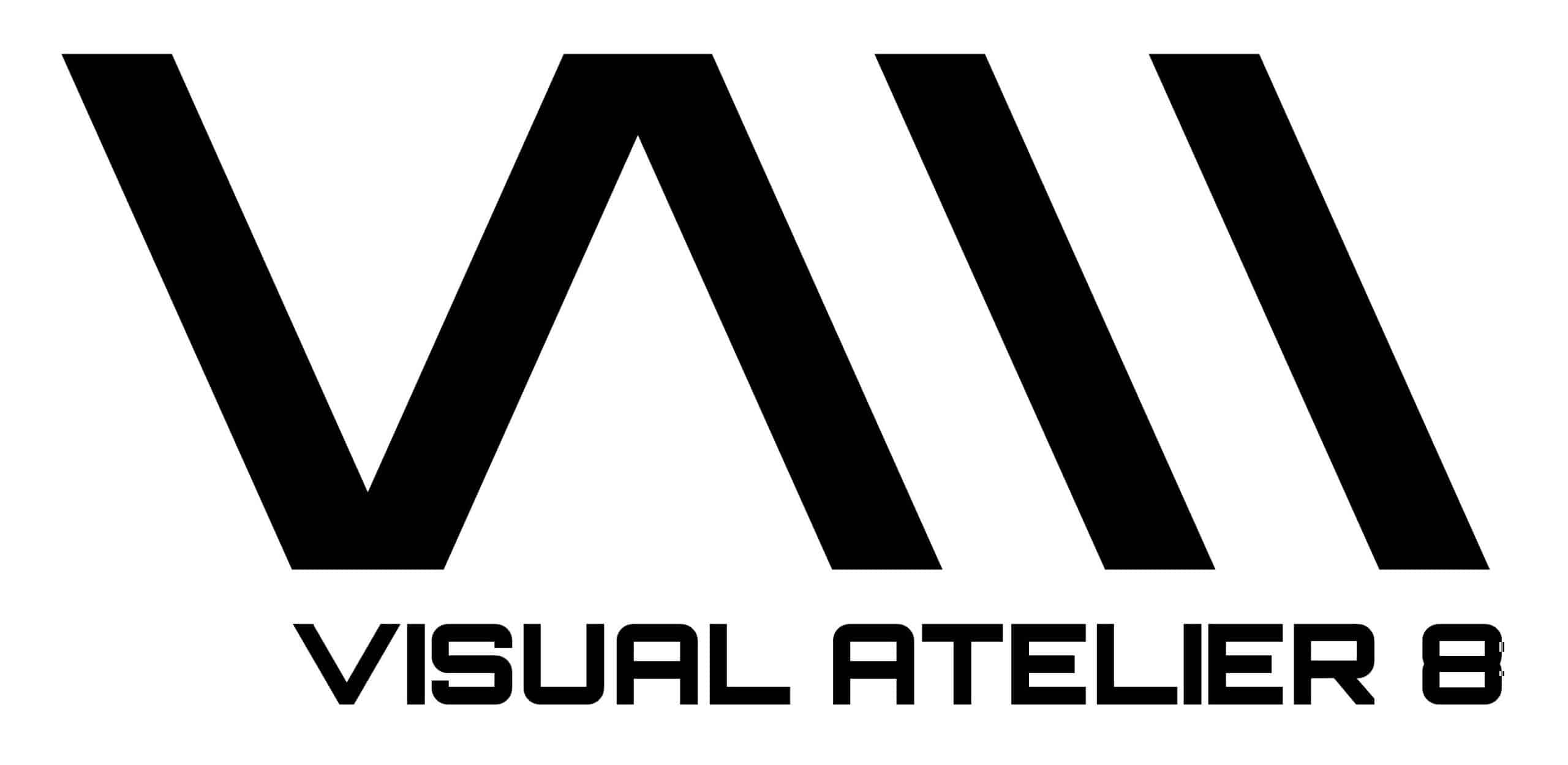
What a dazzling opportunity we have to interview Vector Meldrew, an entity of cosmic sorts with a vernacular for visual melody. We are so very much curious about your fractured aesthetic. Please tell us how you refined your style to what it is today.
Greetings! My journey has been paved with equal amounts of luck, hope, disillusionment, experimentation, and ultimately contentment at having arrived at my current style. I started out by making Flash cartoons in my bedroom as a teenager. It was the height of Web 1.0, and I was fully immersed in the early grime scene. Missy Elliott and Channel U picked up my cartoons, which provided me with a valuable springboard. Music has continued to influence my work over the past two decades, and I have collaborated with a diverse mix of grime and dubstep stars.
My style has evolved considerably during this time. I have embraced a wealth of exciting technological developments, experimented with lots of different mediums, tried out a broad range of concepts in a slightly scattergun fashion, and ultimately brought it all together in a bid to create vivid fictional worlds. Over the past few years, I have grown increasingly interested in surrealism. I enjoy using abstractions to communicate deep messages about decentralisation and the power of communities via my animations. Yet I also strive to inject my work with humour and optimism.
Is there ever any sort of clear message, narrative, or feeling you want to impart upon viewers when they take a look at your work?
I am passionate about decentralisation. I was attracted to Web 3.0, because it has the potential to democratise the internet. I hope it will herald a return to what made Web 1.0 so great – an exciting platform for artists to express their passion and creativity. The transition to Web 2.0, which is dominated by social media and tech giants, has made the internet feel dystopian. Vacuous consumerism abounds, data is used against us, and many artists are left at the mercy of algorithms, stripped of creative freedom. Decentralisation could provide a compelling solution, allowing us to reclaim the internet.
Yet I also believe in the need for strong digital communities. Selfish thinking has run rampant in recent years, and strong online communities can combat this, imbuing people’s lives with greater connection, empathy, and meaning. The rise of NFTs has helped create and strengthen the sort of communities that I consider vital to our future. I aim to communicate the wondrous nature of decentralisation and the importance of strong communities through my work by taking the viewer on a journey into the metaverse. These are heavy topics, but I try to ensure that an uplifting, hopeful attitude permeates my animations, and I add a layer of absurdity to lighten the tone.

Music, in its literal form, is largely involved with the sense of hearing. Seeing as you were a big part of grime and dubstep scenes, was the process difficult to express your feelings towards music into visuals?
Music always appealed to me, because it has the power to bring people together. Strong, passionate communities have developed through a shared passion for music, often transcending conventional socioeconomic boundaries. When I was younger, the aggressiveness of grime and dubstep instantly attracted me, with their darker beats.
Working on visuals that aligned with those genres helped me to channel my anger in a positive way, and expressing my feelings towards that music via a visual medium came very naturally. I immersed myself in pirate radio culture, underground music, and the web 1.0 hacker and punk ethos. I set up the first major grime website and forum back in the early days of Web 1.0 when I was based in London. We had the largest online community on the scene back in those days, and it spawned many stars, many of whom remain household names to this day.
Dubstep began to kick off during the mid to late 2000s. By that point, I was living in Bristol, where I had attended university. The sound soared in popularity, and my design, animation and VJ skills proved to be a natural fit. I worked with many record labels, event organisers and artists within that community. This was my first experience of watching a grassroots punk culture take shape. I feel that this rebellious spirit was lost in the 2010s, but the flame is now reignited thanks to the advent of Web 3.0.

Your modus operandi shifts the focus aware from the specificity of “who” in regards to the artist and instead zooms in on the “how.” What sort of power comes from such a shift?
I developed my avatar, Vector Meldrew, to serve as my muse and to transcend my ego. I believe this subtle shift in my approach has helped me unleash greater creativity. I enjoy nurturing this avatar, and I am interested in the concept of it outliving me. As a human being, I have a limited time on this planet, and I would love for this avatar to serve as my legacy and to continue flourishing long into the future.
Your scenes are so intricate and detailed, one could travel for miles with their eyes through each section of one image! What are your thoughts on creating an entirely fictional world contained in the dimensions of a photo, and what sort of effect does that have on imagination? On innovation?
This is precisely my ambition. What I love most about animation is that the possibilities are endless. You can define the physics of the world, the language, the symbolism, the typography, the character design, and so on. My entry point to digital art came when I designed rave flyers in the early 1990s and early 2000s. Some were digital (early 3D) and others were airbrushed, but with a digital feel to them. They were often futuristic, abstract, surreal, or psychedelic.
Artists such as Pez, Art Jaz and Junior Tomlin were major inspirations. I loved the way they created entirely fictional worlds with real depth and cultural symbolism. This sparked my imagination and set me on a creative path. I have honed my ability to create complex virtual worlds, and I now have the technological tools at my disposal to realise my ambitions. I hope my work can filter down to the next generation and inspire younger artists that are interested in world building.
If your works were to somehow land on another planet inhabited by some other intelligent life, how would you expect them to respond?
I think if my artwork served as a flyer advertising a giant metaverse rave on Planet Earth, the aliens would hopefully accept the invite and come to the party. It shows an absurdity to our planet that Voyager’s Golden Record omitted.

All images courtesy of Vector Meldrew, shared with permission

